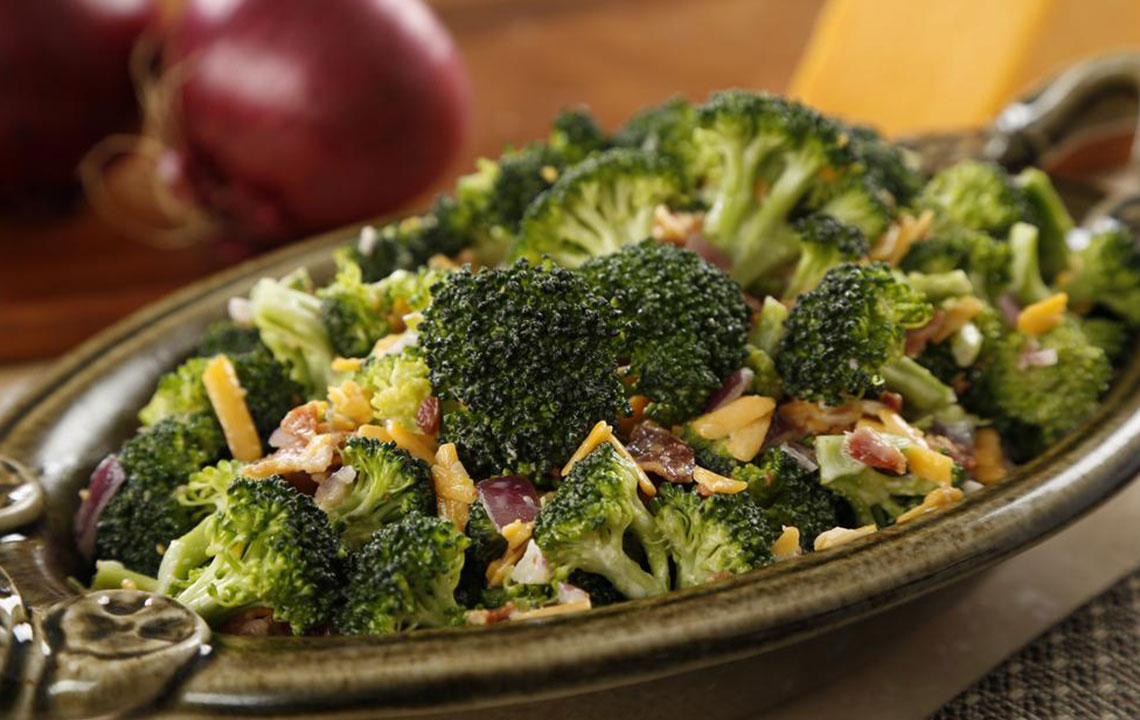Comprehensive Dietary Approaches to Effectively Manage Irritable Bowel Syndrome (IBS)
Learn comprehensive dietary strategies to effectively manage Irritable Bowel Syndrome (IBS). Discover which foods to avoid, how to incorporate fiber, and lifestyle adjustments that can reduce symptoms such as bloating, diarrhea, and constipation. Personalized management plans can enhance your digestive health and improve quality of life. This guide provides expert insights into symptom triggers and effective dietary modifications tailored for IBS sufferers, emphasizing a holistic approach for lasting relief.

Comprehensive Dietary Approaches to Effectively Manage Irritable Bowel Syndrome (IBS)
Irritable Bowel Syndrome (IBS) is a common gastrointestinal disorder characterized by chronic symptoms such as abdominal pain, bloating, diarrhea, and constipation. Affecting millions of individuals worldwide, IBS significantly impacts daily life and dietary habits. Proper management of IBS involves understanding how different foods influence symptoms, implementing tailored dietary modifications, and adopting lifestyle habits that support digestive health. Since symptoms and triggers can vary greatly among individuals, personalized dietary strategies are crucial for effective IBS management.
In recent years, advancements in nutrition science have underscored the importance of identifying food sensitivities and incorporating specific dietary adjustments to minimize flare-ups. For many people with IBS, avoiding certain foods that exacerbate their symptoms can lead to a notable improvement in quality of life. This article provides a comprehensive guide to dietary strategies that can help manage IBS symptoms, focusing on both foods to avoid and recommended nutritional practices to enhance digestive well-being.
Understanding the Impact of Food on IBS Symptoms
IBS symptoms can be triggered or worsened by various dietary factors. Here are some common categories of foods that tend to influence IBS symptoms:
Certain high-fat or greasy foods which can slow digestion and cause discomfort.
Foods rich in insoluble fiber or complex carbohydrates that may induce bloating and gas.
Processed foods containing additives, artificial sweeteners like sorbitol, or preservatives that irritate the gut.
Potentially problematic beverages such as caffeine, alcohol, and carbonated drinks that can disturb gut motility.
Because every individual’s response to specific foods varies, maintaining a symptom diary can be beneficial. Tracking what you eat and noting corresponding symptoms helps identify personal triggers, setting the stage for targeted dietary modifications.
Dietary Recommendations for Managing Constipation in IBS
Constipation is a common issue among IBS sufferers, and certain foods or dietary patterns can exacerbate this problem. Implementing dietary changes focused on increasing fiber intake, hydration, and avoiding specific irritants can provide relief and promote regular bowel movements.
Foods to avoid: Coffee, caffeinated beverages, alcohol, dairy products, particularly cheese, refined grain bread and cereals, processed snacks, and diets high in protein can contribute to constipation.
Foods to include: Emphasize fiber-rich foods such as whole grains (oats, brown rice, whole wheat bread), legumes, fruits like apples and berries, vegetables, and especially dried fruits like prunes and figs. These contain natural sorbitol, which acts as a gentle laxative when consumed in moderation.
To maximize fiber benefits, aim for a daily intake of 25 to 38 grams of fiber, adjusting based on your comfort level. Drinking plenty of water throughout the day is essential to help fiber do its work in softening stool and facilitating regular bowel movements.
Addressing Diarrheal IBS through Dietary Adjustments
Managing diarrhea-predominant IBS requires specific dietary approaches that help reduce stool frequency and urgency:
Limit insoluble fiber from vegetable skins, seeds, and fibrous vegetables like broccoli, cabbage, and onions that can accelerate bowel movements.
Avoid high-fat foods, fried items, and sugary snacks that can stimulate gut motility irregularly.
Minimize intake of caffeine and alcohol as they can irritate the gut lining.
Steer clear of artificial sweeteners such as sorbitol, which are commonly found in sugar-free gum and candies, as they can cause diarrhea.
Incorporating soluble fiber sources like oats, barley, ripe bananas, and cooked fruits can help absorb excess water in the intestines, leading to firmer stool. Eating smaller, more frequent meals rather than large ones can also stabilize bowel movements.
Additional Lifestyle Strategies for IBS Management
Diet is just one aspect of managing IBS. Coupling dietary adjustments with lifestyle modifications can significantly enhance symptom control:
Stress management: Engage in relaxation techniques, meditation, or yoga to reduce stress-induced gut disturbances.
Regular physical activity: Exercise promotes gut motility and overall digestive health.
Mindful eating: Eat slowly and chew thoroughly to facilitate digestion and reduce bloating.
Avoid gum chewing: Swallowing air during gum chewing can increase bloating and gas.
Consulting a healthcare professional or registered dietitian is essential for developing a personalized diet plan that aligns with your specific symptoms and nutritional needs. They can also recommend supplements or additional therapies if needed.
Understanding the Causes and Risks of IBS
The precise cause of IBS remains unknown, but research suggests a combination of factors including altered gut motility, visceral hypersensitivity, gut microbiota imbalance, and hormonal influences. Women are more frequently affected, possibly due to hormonal fluctuations or genetic predisposition.
While IBS is a chronic condition, effective management strategies focusing on diet, stress reduction, and lifestyle changes can significantly improve quality of life. Recognizing personal triggers, adopting healthy eating habits, and seeking medical guidance all form the cornerstone of a successful IBS management plan.
In conclusion, managing irritable bowel syndrome requires a multifaceted approach tailored to individual needs. By avoiding specific triggers and embracing a balanced diet rich in fibers and hydration, individuals can control symptoms more effectively and enjoy a healthier, more comfortable life.





